BAGHDAD - Good nutrition is one of the building blocks of a healthy nation, and many Iraqi farmers are taking advantage of the Iraq Ministry of Agriculture's bovine artificial insemination program to breed better dairy cows.
A team of civil affairs Soldiers and veterinarian experts from the U.S. Department of Agriculture visited the University of Baghdad's College of Agriculture, Sept. 13 to assess a bovine artificial insemination facility and advise the Iraqi technicians responsible for helping breed the nation's dairy cows.
Maj. Marshall Kohr, a civil affairs officer assigned to the 414th Civil Affairs Battalion, Multi-National Division-Baghdad, said the facility takes semen from 25 Holstein bulls, freezes it and then distributes it to farmers through six stations in Baghdad. Kohr and the USDA advisors assessed the facility to determine how they can best help the artificial insemination program.
"They are producing the semen and they are distributing it and they're doing a good job with that," said Kohr, a native of Gillette, Wyo. "Right now they need more training of artificial insemination technicians in the field."
The Holstein bulls, a breed known for their dairy production, were donated by the government of Australia in 2004. Fifty-five people are employed at the facility - ranging from technicians in white coats to farm workers in rubber boots that feed and take care of the animals. But the jobs provided by the Iraq Ministry of Agriculture are only a small benefit for the Iraqi people, according to Kohr.
"Indirectly, this benefits the whole country," said Kohr. "This is your source of milk for the whole nation. Milk is an extremely important source of protein, especially for a young country."
Once the semen is extracted, it is brought to the laboratory where it is put into straws and frozen. The semen is then taken to the six stations in the area where farmers bring their female cows for artificial insemination.
"You need to have calves to get milk and you need to get your cows pregnant," said Kohr. "What they're asking the farmer to do is when the cow is ready to breed, asking the farmer to bring the cow to one of these stations, at which time the artificial insemination technicians will inseminate the cow and get her pregnant."
But what the College of Agriculture needs more than bulls or equipment is training for its technicians, according to Jessica McCoy, a veterinarian who is the Ministry Advisor for Animal Health & Food Safety, U.S. Department of Agriculture. McCoy also met with top college officials to discuss the facility's needs.
"I told them 'We are not here to give you equipment, we're not here to buy you stuff, we are here to help provide training,'" said McCoy. "They were quite pleased with that and they wanted to have some people go from the training facility to the United States, perhaps, to become trainers for future dairy inseminators or future people to work in the artificial insemination facility."
Helping to train the Iraqi technicians, who in turn can help educate farmers about breeding good dairy cows, is the core mission of the USDA and the civil affairs team, said McCoy.
"One of the things we want to assist them to do is to develop training programs for the people they work with and also for the farmers to promote the utility and the economic advantage of having a good breeding program," said McCoy, a native of Wellesley, Mass. "You don't just want semen from bulls whose parents had good dairy production. You may want good feet, good back confirmation or a broad chest."
By assisting Iraqi farmers breed cows with better milk-producing traits, U.S. forces and the USDA are helping produce more protein nourishment, which in turn will help build a stronger, healthier Iraq.
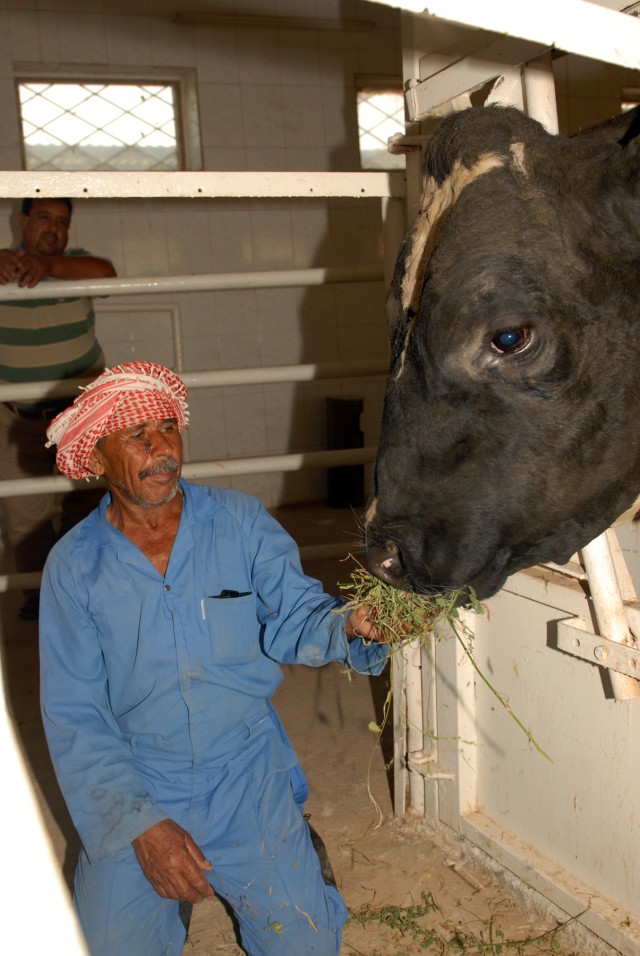
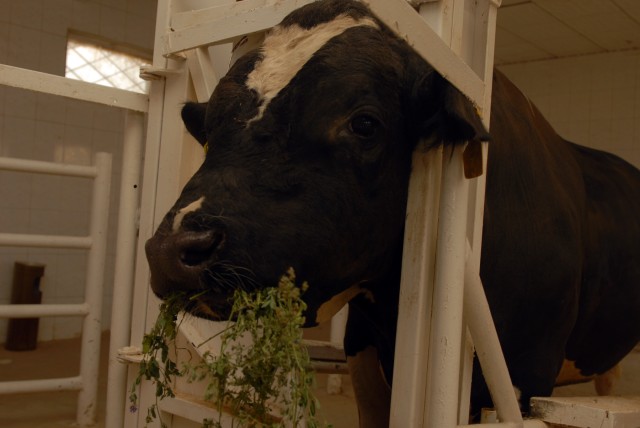
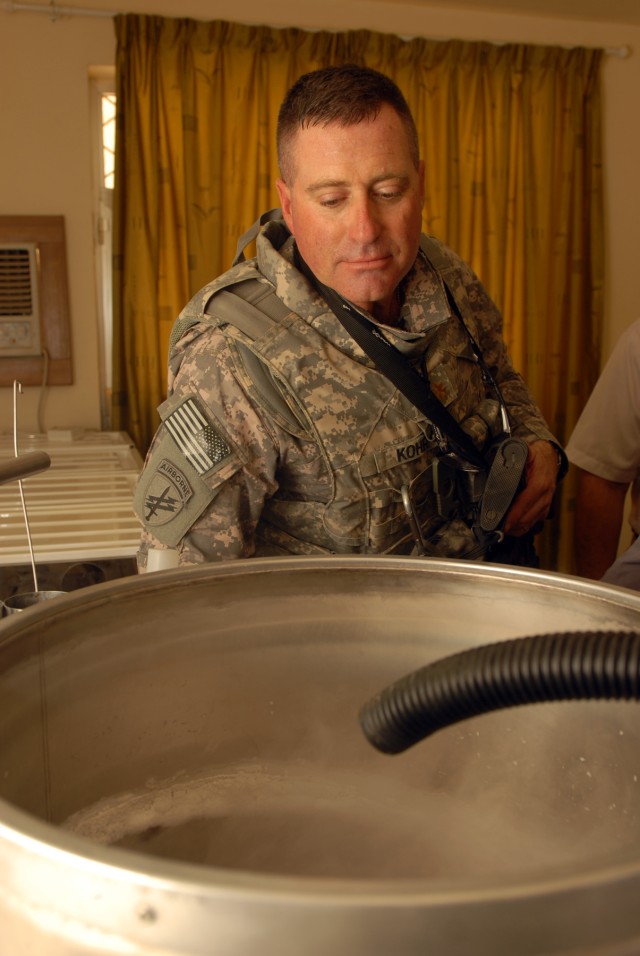
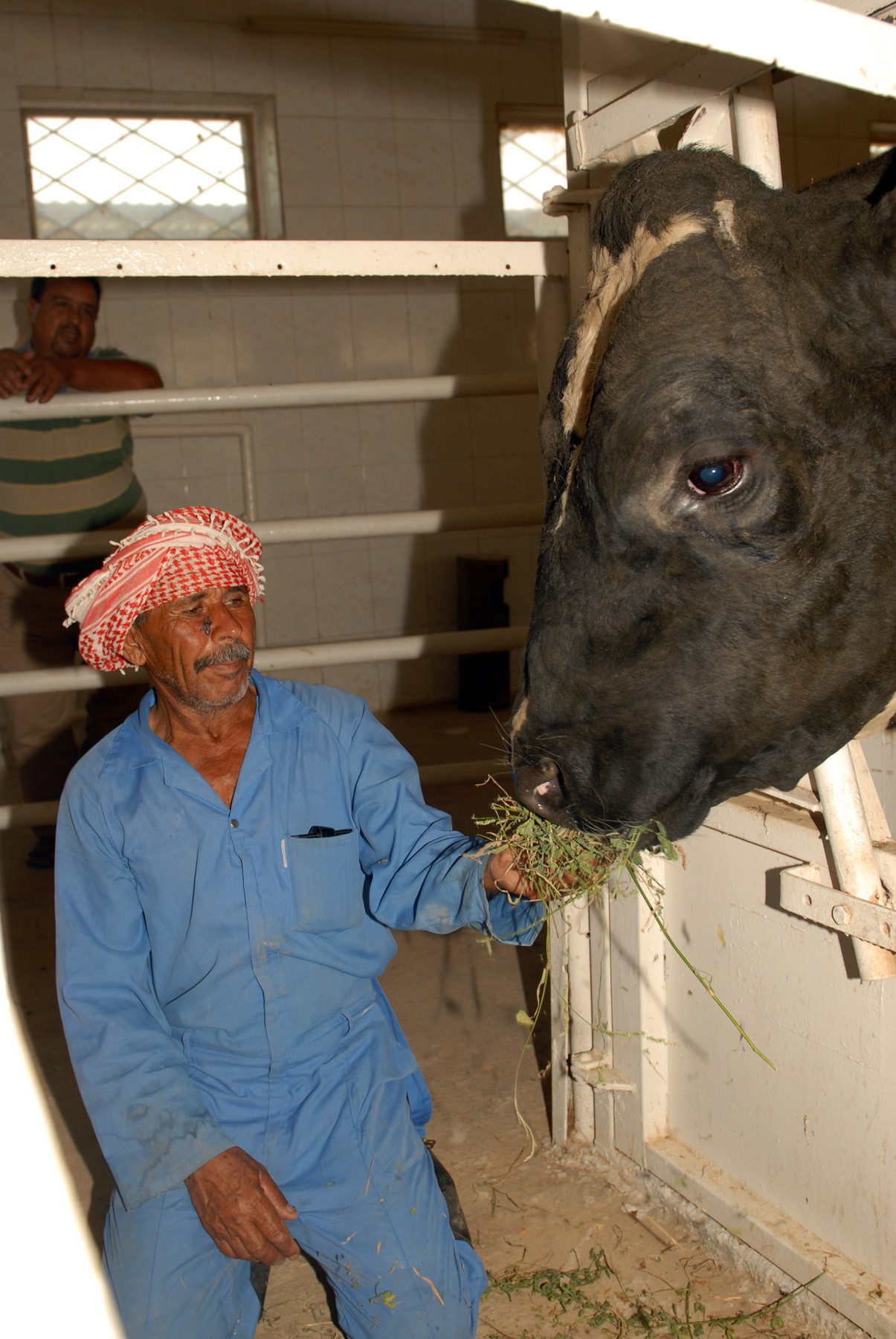
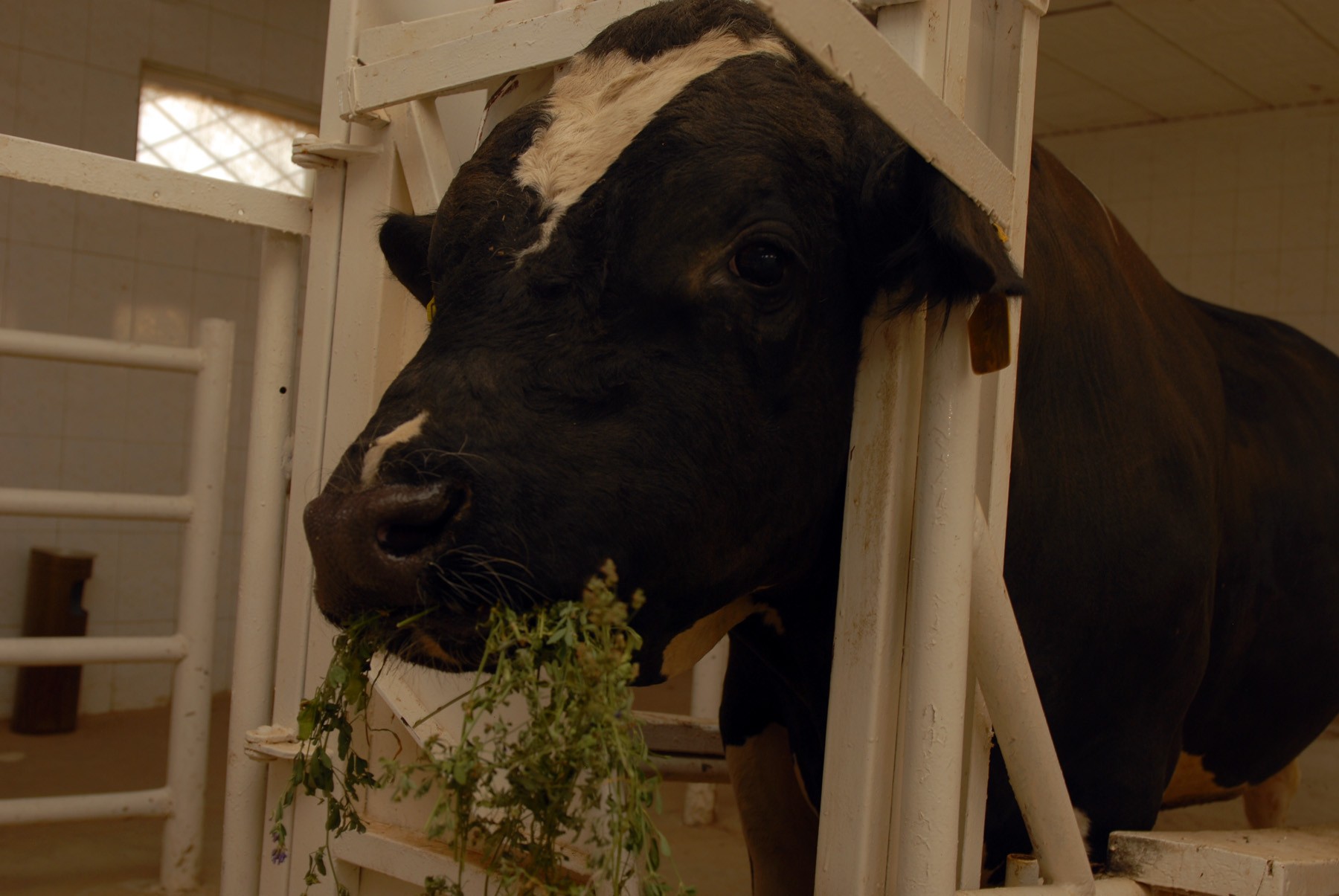
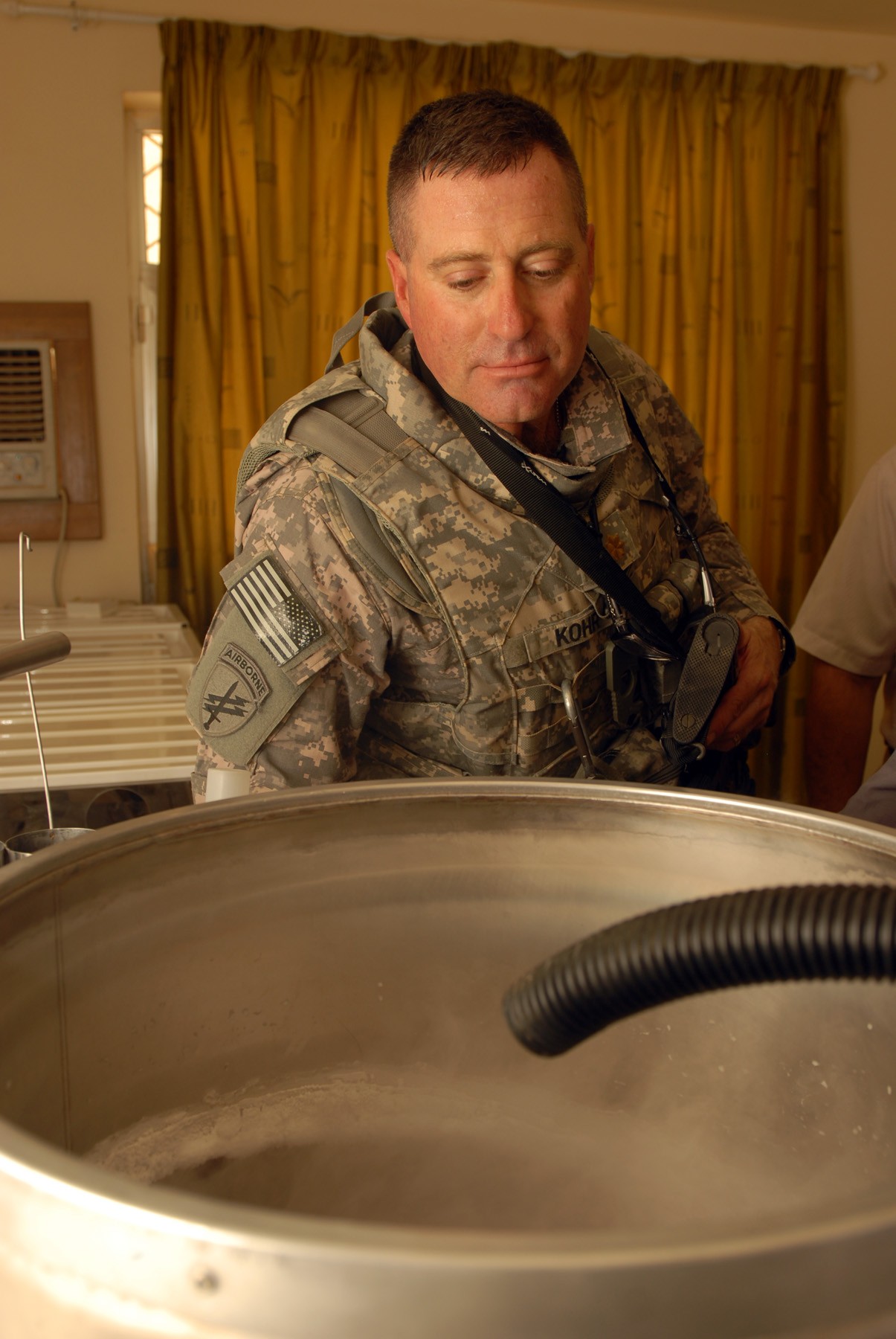
Social Sharing